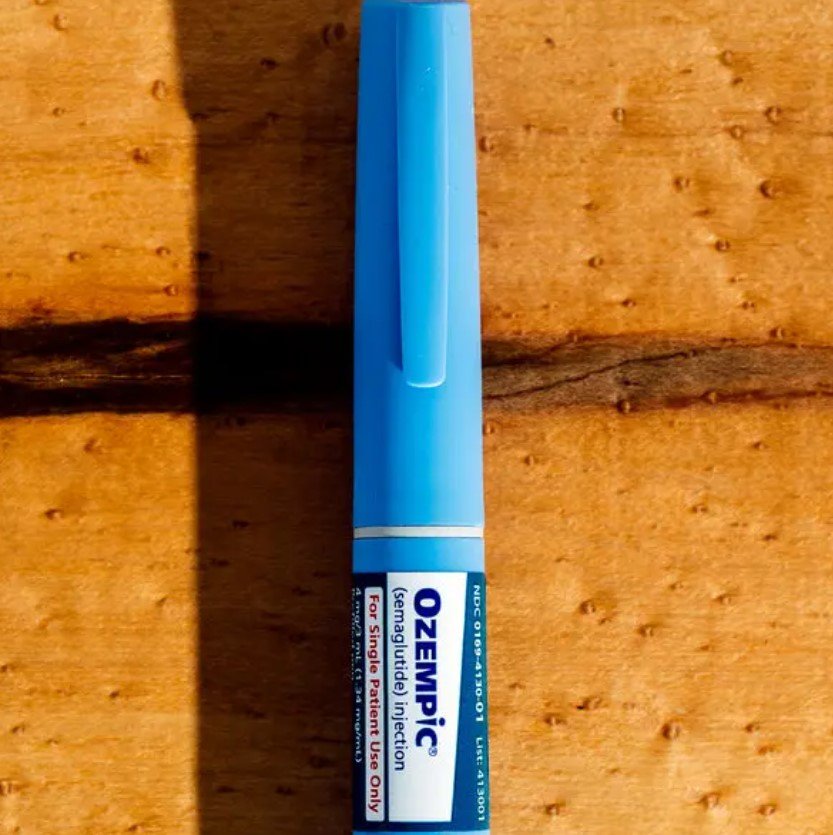The U.S. Food and Drug Administration (FDA) has approved a new drug for obesity treatment, called Zepbound, that promises to help people lose more weight than the existing drugs Ozempic and Wegovy. Zepbound is a weekly injectable medication that contains the same active ingredient as Mounjaro, a popular diabetes drug made by Eli Lilly. Here is what you need to know about this breakthrough drug and how it compares to its competitors.
How Zepbound Works
Zepbound works by mimicking two hormones that are produced by the body after eating: GLP-1 and GIP. These hormones help reduce appetite and food intake, as well as improve how the body breaks down sugar and fat. Zepbound is the first drug that combines the effects of both hormones, creating a “double whammy” on appetite control and metabolism. Zepbound also has some effects on insulin, which helps regulate blood sugar levels.
How Effective is Zepbound
Zepbound has shown impressive results in clinical trials, where it helped people lose up to 52 pounds in 16 months, or about 22.5% of their body weight. This is more than the weight loss achieved by Ozempic and Wegovy, which are also GLP-1 agonists, but only mimic one hormone. Ozempic and Wegovy helped people lose about 12.4% and 15% of their body weight, respectively, in similar trials. Zepbound’s weight loss is also comparable to that of bariatric surgery, which is considered the most effective treatment for obesity.

Who Can Use Zepbound
Zepbound is approved for adults with obesity or who are overweight with at least one weight-related condition, such as diabetes, high blood pressure, or high cholesterol. Zepbound is not intended for people who have type 1 diabetes, pancreatitis, or thyroid cancer, as these conditions may increase the risk of side effects. Zepbound should be used along with a reduced-calorie diet and increased physical activity, as recommended by a health care provider.
What are the Side Effects of Zepbound
Zepbound may cause some common side effects, such as nausea, vomiting, diarrhea, constipation, headache, and fatigue. These side effects are usually mild and tend to decrease over time. However, Zepbound may also cause some serious side effects, such as low blood sugar, dehydration, kidney problems, gallbladder problems, and allergic reactions. Therefore, it is important to monitor blood sugar levels, drink plenty of fluids, and report any symptoms to a health care provider.
How Much Does Zepbound Cost
Zepbound will have a list price of about $1,060 for a month’s supply, which is similar to the price of Ozempic and Wegovy. However, the actual cost may vary depending on insurance coverage, discounts, and other factors. Unfortunately, many insurance companies are reluctant to cover weight loss drugs, and Medicare does not cover them by law. Therefore, Zepbound may be too expensive for many people who need it. Some experts hope that the cost will come down in the future, as more evidence of the drug’s benefits and safety becomes available.
How to Get Zepbound
Zepbound is expected to be available in the U.S. by the end of the year. It will require a prescription from a health care provider who is familiar with the drug and its potential risks and benefits. Zepbound is not a magic pill that will solve all the problems of obesity, but it is a promising new option that may help many people achieve their weight loss goals and improve their health and quality of life.
